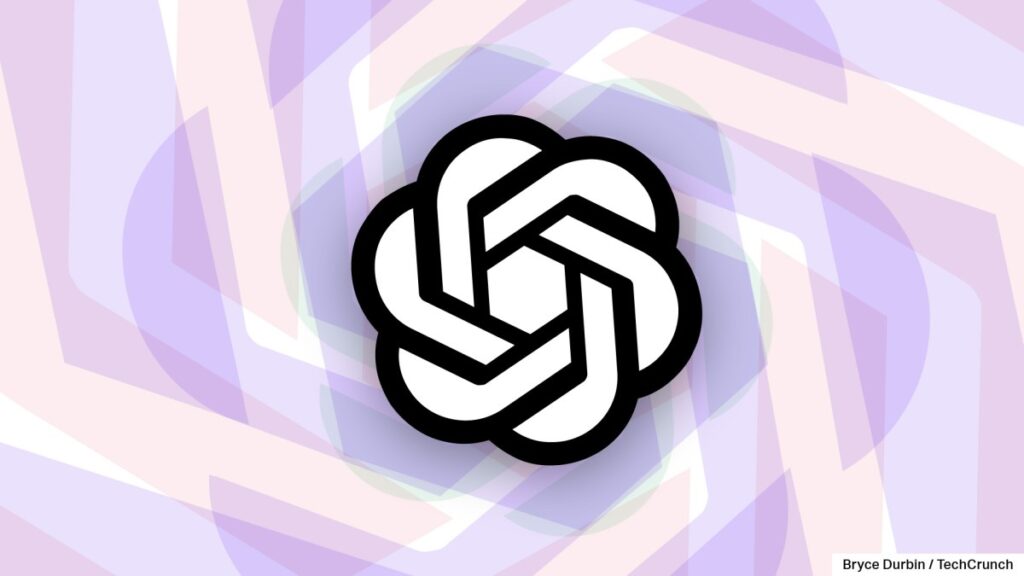OpenAI’s Outage: A Behind-the-Scenes Look at How a Telemetry Service Went Awry
OpenAI recently faced one of the longest service disruptions in its history, and the culprit? A newly deployed telemetry service. On a Wednesday afternoon, just as the clock struck 3 p.m. Pacific Time, users of OpenAI’s ChatGPT, its video generation tool Sora, and its developer-facing API suddenly found themselves in the dark. The company quickly acknowledged the issue and sprung into action, but it took a solid three hours to restore full functionality across its platforms.
What Happened?
In a postmortem shared on Thursday, OpenAI clarified that the downtime wasn’t due to a security breach or a particular product launch. Instead, it stemmed from the introduction of a new telemetry service intended to gather Kubernetes metrics. Now, you might be wondering, what on earth is Kubernetes? It’s an open-source platform that helps manage and deploy application containers—think of it as a big system that organizes all the moving parts of software applications.
OpenAI explained that the telemetry service had an unexpectedly large impact, leading to “resource-intensive Kubernetes API operations.” The result? The Kubernetes control plane across several large clusters became overwhelmed, triggering a cascade of issues that brought services to a standstill.
The Techie Dive
For non-techies, this sounds like a lot of jargon. Let’s break it down. The new telemetry service inadvertently bogged down OpenAI’s Kubernetes operations, which included crucial resources for DNS resolution. DNS resolution is like the internet’s phonebook—transforming complex IP addresses into easily recognizable domain names, such as “OpenAI.com” instead of the much less friendly “192.0.2.1.”
Adding another layer of complexity, OpenAI’s DNS caching—essentially storing previously accessed domain name information—created delays in understanding the issue’s full scope. While OpenAI detected the trouble just before users began experiencing problems, fixing it was no easy task due to the overwhelmed servers.
“We faced a perfect storm of failing systems and processes colliding in unanticipated ways,” the company reported. They acknowledged that their testing didn’t capture the far-reaching effects of this change, and remediation was sluggish due to the locked-out state of their Kubernetes servers.
Learning from Mistakes
OpenAI has taken this incident seriously and is committed to ensuring it doesn’t happen again. They plan to implement several measures, including enhanced phased rollouts that feature better monitoring of changes within their infrastructure. Additionally, they’re working on new strategies to give engineers access to Kubernetes API servers regardless of circumstances.
In their post, OpenAI extended a heartfelt apology, recognizing the disruption’s impact on all users—from casual ChatGPT users to businesses dependent on their offerings. “We didn’t meet our own standards,” they admitted candidly.
Looking Ahead
As technology continues to evolve, incidents like this serve as critical reminders of the challenges even industry leaders face. OpenAI’s response and proactive approach could pave the way for more reliable operations in the future, allowing users to have confidence in the tools they use daily.
The AI Buzz Hub team is excited to see where these breakthroughs take us. Want to stay in the loop on all things AI? Subscribe to our newsletter or share this article with your fellow enthusiasts.




